
Chatbots can definitely improve the employee experience. But how exactly? Discover 5 tangible ways HR chatbots will improve candidate and employee experience in the years to come.
Chatbots can definitely improve the employee experience. But how exactly? Discover 5 tangible ways HR chatbots will improve candidate and employee experience in the years to come.
In today's era, where the dynamic of contention among businesses keeps changing, employee experience has emerged as the new competitive frontier for them. Just like you do with your users, your interactions, and engagement with your employees are equally important to business operations, overall productivity, and workplace atmosphere. If your employee experience is not up to the mark, your business will suffer, as will your staff working for you, potentially leading to employee turnover.
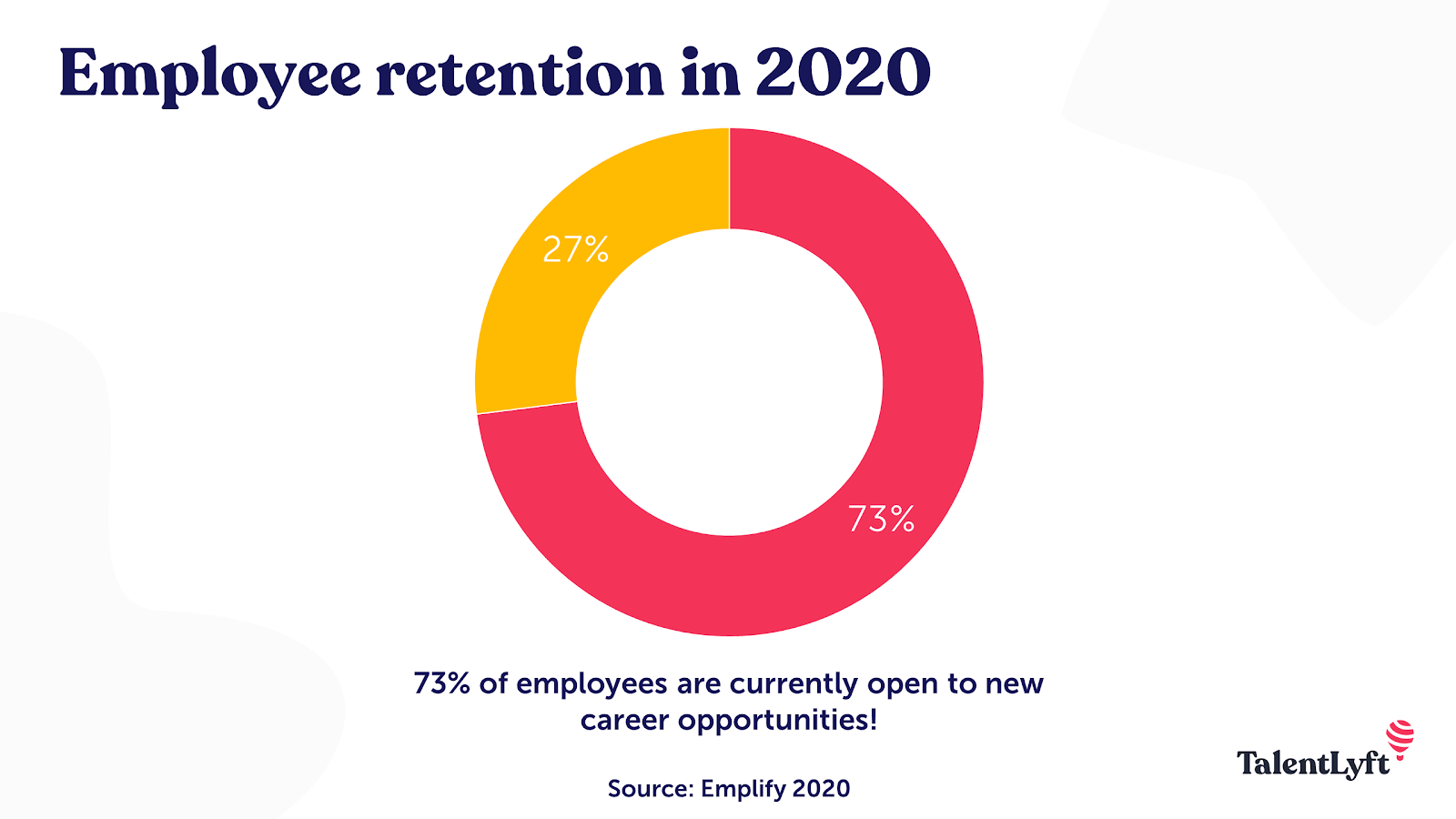
Organizations wishing to recruit and retain talent are increasingly acknowledging the value of positive employee experience in maintaining an edge over rivals in the market and are taking steps to ensure it. In fact, Gartner says that organizations making sustainable investments in employee experience will attain a ten percentage point improvement in employee engagement scores by 2022.
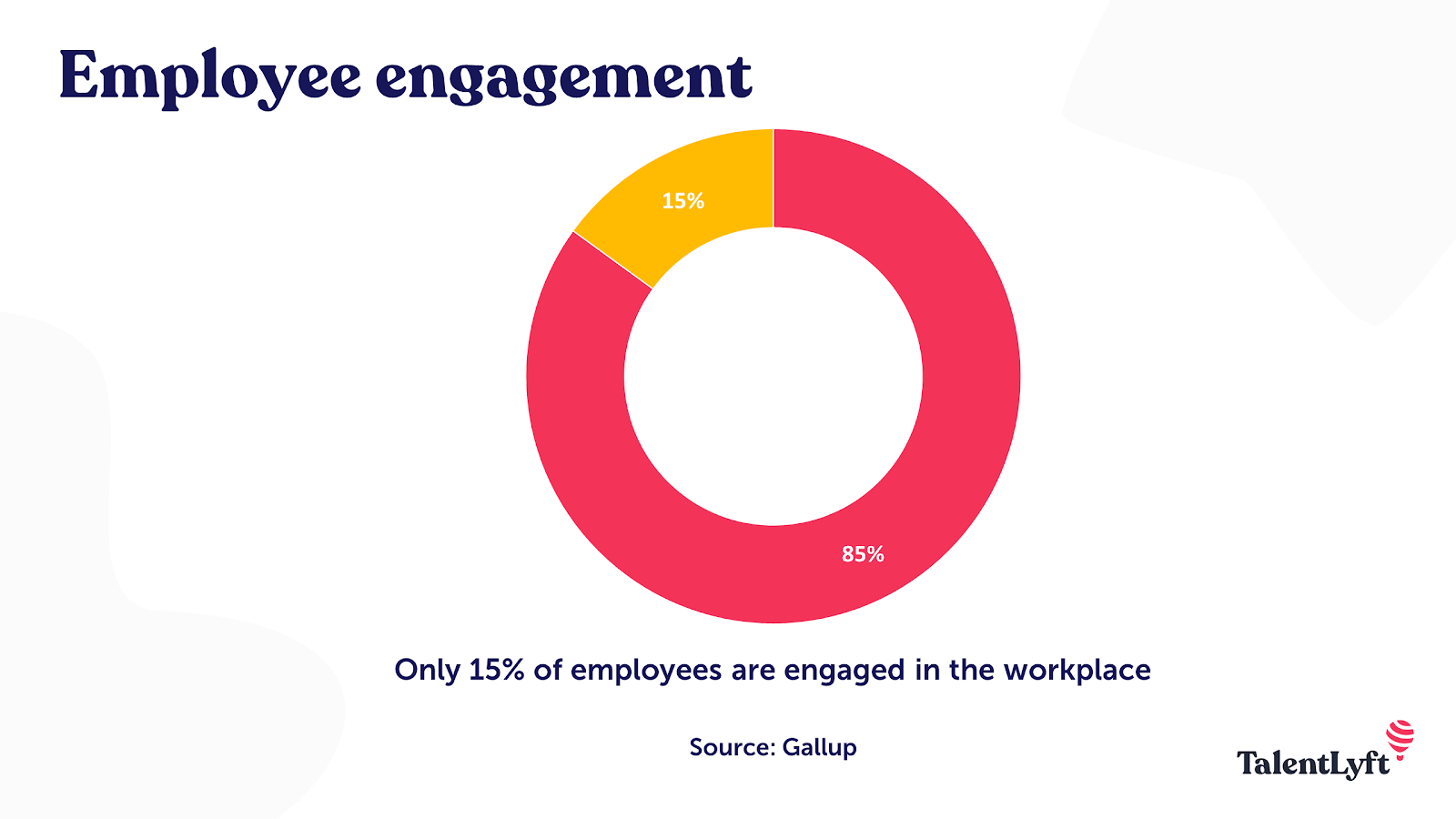
The rise of technologies like AI and machine learning could not have come at a more opportune moment. A millennial workforce that expects every facet of their life interspersed with the digital meshes perfectly with cognitive computing and artificial intelligence innovations such as chatbots.
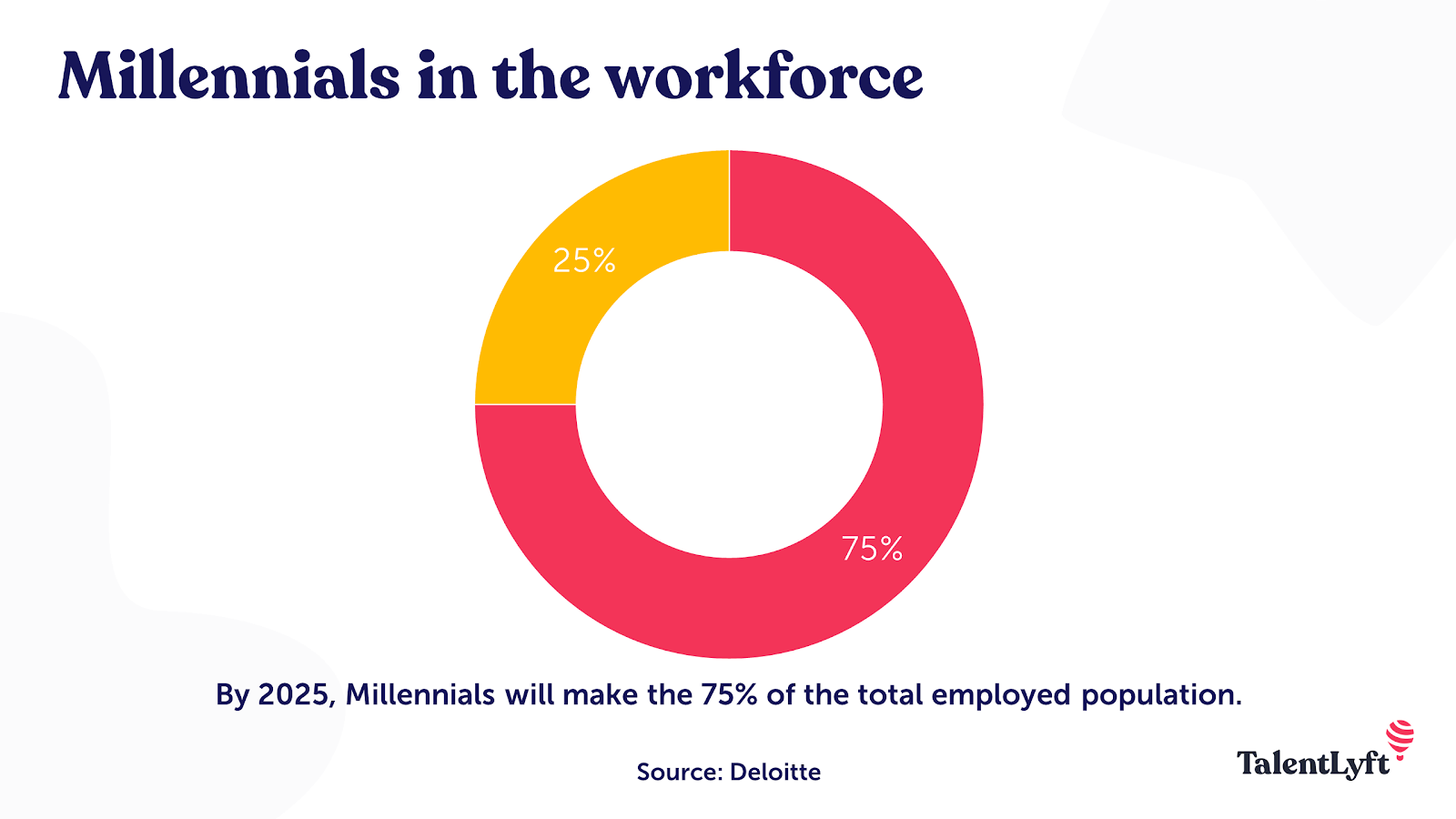
These advanced bots are now being employed across workplaces to cause a swell in productivity levels by directly delivering instant gratification to employees. These conversational interfaces have already made inroads into the world of work, revolutionizing employee experience altogether.

With HR facing down an unprecedented scenario, the time has arrived for them to adopt technology to fulfill their varying strategic roles. AI-powered HR chatbots present a revolutionary new way of transforming the future of employee experience, such as automating administrative processes, delivering training, and easing knowledge sharing. Let's look at what an HR chatbot is and how it is going to upend workforce dynamics in the times ahead.
A chatbot is a program that simulates conversations with a human through the use of natural language programming (NLP). Typically used in communication, HR is a rather odd place to expect chatbots to be functional in any way or form.
However, research data suggests that conversational AI in HR has enhanced the working experience of professionals by helping them utilize their time better by making administrative tasks redundant. According to a study, organizations using HR chatbots could save more than $8 billion by the end of 2022, a humongous swell from the $20 million that organizations saved in 2017–2018.
HR chatbots have various benefits. They:
Save time by making repetitive tasks redundant,
Aid employees in getting answers quickly,
Do away with the scope of any error,
Maintain HR processes round-the-clock.
Chatbots can also be synthesized to learn from new interactions with the help of a hybrid Agent+AI ® technology so as to deliver the right information at all times. If the bot happens to come across a question for the first time, the query can be rerouted to a human agent whose response the chatbot can learn from.
These benefits make up the overarching conclusion of HR automation: HR chatbots improve the employee experience. Companies that have realized this have started implementing and even designing HR chatbots. One such company that used chatbots to revamp their operations to enhance EX is FirstJob.
An online recruitment company, FirstJob gathers the biographical details of potential job seekers for internships and entry-level jobs. To ease the process of communicating with candidates, they automated the entire process by introducing a chatbot called Mya. Mya was utilized to converse with candidates during the recruitment stage and ask them pre-screening questions.
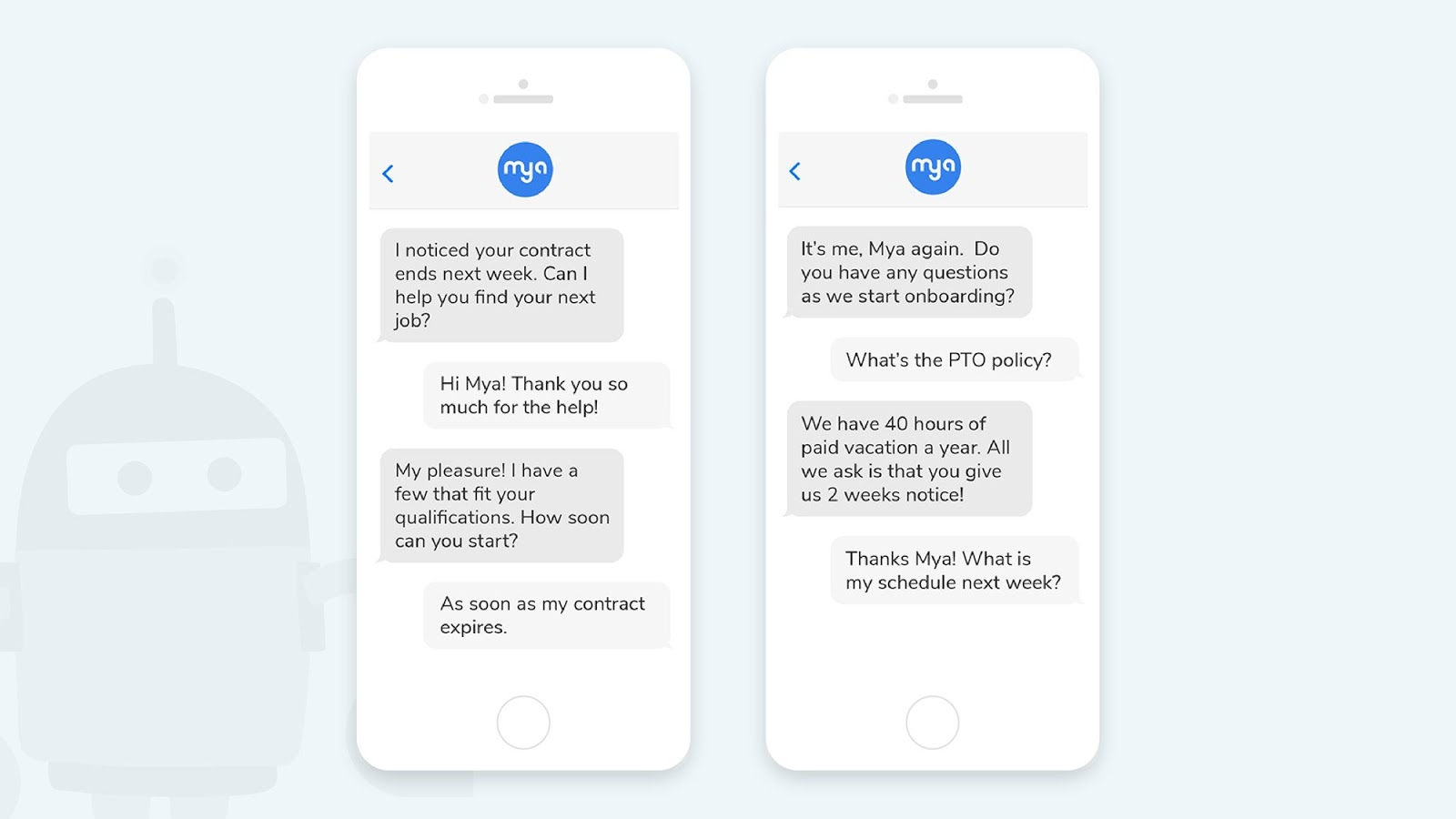
The bot also sent messages in the form of alerts through Facebook messenger, SMS, email, and Skype to inform candidates of their application status, valuable tips and tricks, and whenever a new position was available or filled up. Simplifying processes and easing communication for everyone involved, Mya helped FirstJob:
Improve recruitment efficiency by 38%
Automate 75% of the qualifying process
Enhance job engagement process by 80%
Forward-thinking companies have already chosen the AI route, with FirstJob a prime example of utilizing an AI-powered HR chatbot to enhance the efficiency of HR functions as a whole.
Here, we explore a few benefits of having an HR chatbot and discuss the different ways that they can not only improve but also turn employee experience on its head for the better.
HR chatbots can ease the induction and onboarding processes of new employees. They can be deployed to gather necessary information from the new recruit and take them through essential onboarding processes, such as signing up for employee insurance, informing them of their upcoming schedule, and aligning them to company values.
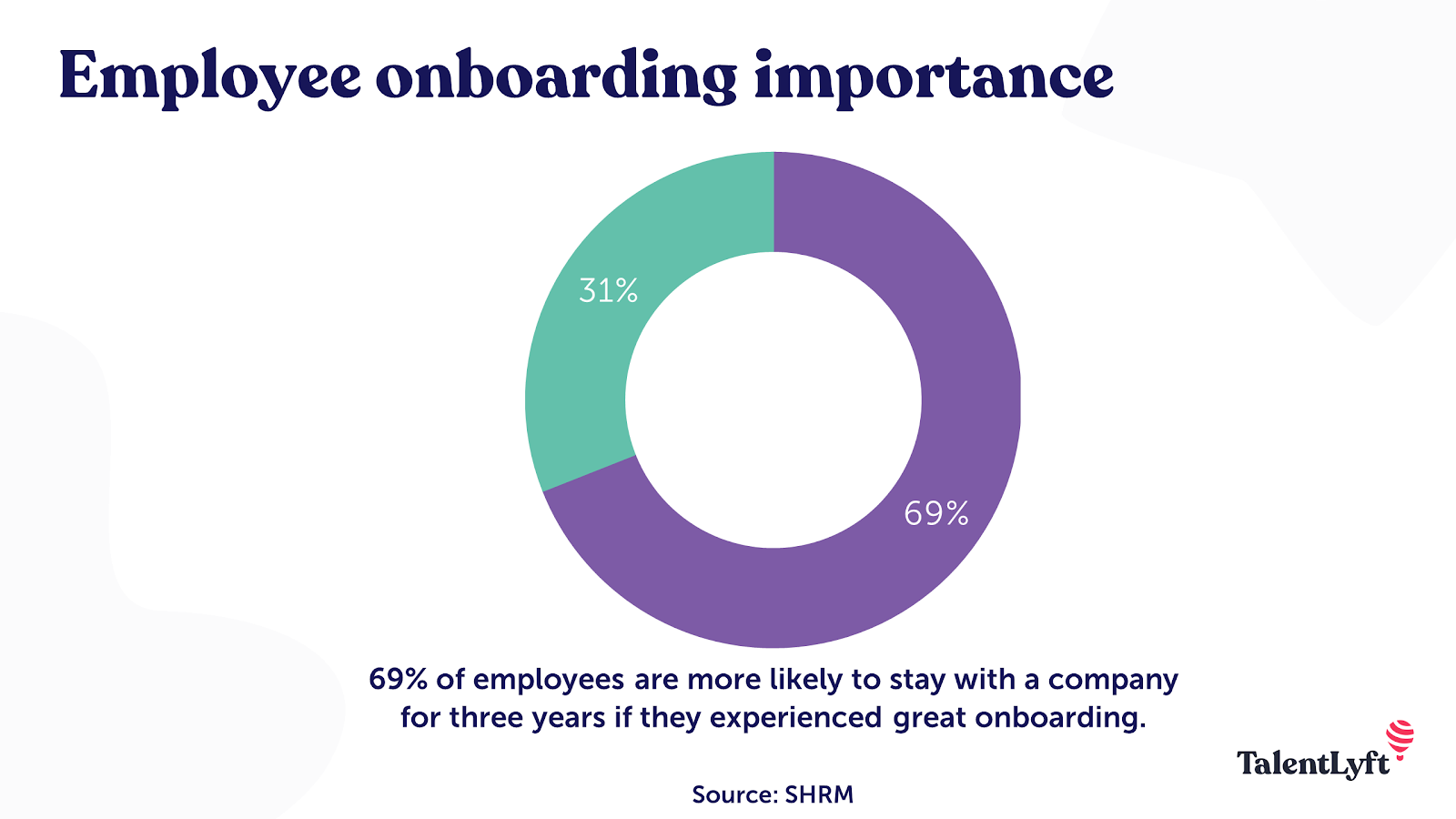
Take the case of ChiefOnboarding. Deployed via Slack, it is an onboarding HR chatbot that streamlines the onboarding process by welcoming new hires, educating them about the company's mission, and drip-feed to-do sequences of the day for them to ensure that there are no gaps in communication.

HR chatbots can simplify administrative processes by helping employees to gain information on sensitive processes, which can be delivered rapidly with the help of a self-service process. It can eliminate the need for needless paper forms and digitize them to ease HR service delivery while also cutting down on significant investments to improve existing systems.
Chatbots for HR service delivery can enhance the employee experience by delivering notifications and alerts about company policies, incentives, upcoming holidays, vacation policies, and more. It provides all necessary information in a consolidated manner to the employees so that they don't waste their time trawling through the office from their cubicles to the HR department all the time.
Apart from that, HR chatbots can also communicate this information to employees round-the-clock and maintain HR operations in the absence of HR professionals. They make HR much more easily accessible to the workforce, helping them attain information easily and also giving them a chance to connect with the HR department whenever they want, thus resulting in a more seamless experience for the workers.
Employees want to be more competitive and seek more training for the same reason. They want to feel more engaged and feel like their work is making a difference. However, when employees find that this isn't the case, they are quick to jump ship. Studies show that low employee engagement can not only negatively impact an organization's functioning, but it can also cost them $4,129 to hire new talent and spend an additional $986 to onboard new hires.
Businesses have acknowledged this fact and have made provisions to consistently upskill their employees. However, the way most businesses go about the task is substandard at best, with compulsory and compliance-driven training and not having the option to personalize training and skill development areas based on personal needs.

HR chatbots can once again fix such issues by offering highly personalized training while also helping workers upskill on the job. Called as "virtual coaches," such chatbots can design and massively impact employee development and that too in real-time. If and when employees come across a problem or have doubts or with regard to something they're working on, they can immediately text their virtual coach to get access to links and answers of the right training resources to help them improve.
"Chatbots can also collect feedback from candidates who drop off during the process of application. Getting good feedback from candidates is essential in improving the candidate’s experience and creating a better employer image on the job market.", according to Beth Chin, HR specialist at Writemyx.
Collecting feedback is really important in the workplace. It tells you where you are lacking and what you can do to improve yourself. In fact, organizations that collect and act on employee and candidate feedback see greater engagement levels, so much so that an organization was able to realize increased production capacity by a whopping $3.8 million.

The output provided by a chatbot is much more data-validated and objective in comparison to human agents. The data extracted by chatbots can further be used to proactively improve processes within an organization and assist teams by breaking down communication barriers between them. Not only that, but HR teams can also use chatbots to schedule appointments and answer operational questions. The data extracted by HR chatbots can also be used to simplify recruitment processes by introducing changes in it to ensure that the candidate drop-off rate is minimal.
Last but not least, another tremendously useful purpose of HR chatbots is that of helping employer branding efforts. Utilizing an HR chatbot for recruiting talents can help candidates identify you and differentiate you from other organizations on the job market, eventually also bringing down your cost-per-hire by reducing the amount of time you have to spend in your candidate outreach efforts. It also helps you ensure a unique and standard approach for every candidate and be consistent in your communication with them.

It is evident how greatly chatbots can improve the employee experience. An intelligent bot can do away with cumbersome processes while also providing a repertoire of information to employees whenever and wherever they might need it.
Highly integral to a business' fortune, they can help you keep employees happy and lead to the creation of a more upbeat work environment, thus helping you realize higher staff retention levels in the process.
Srushti Shah is an ambitious, passionate and out-of-the-box thinking woman having vast exposure in Digital Marketing. She is working as a Digital Marketer and Content writer at Acquire. Her key focus is to serve her clients with the latest innovation in her field leading to fast and effective results.
Working beyond expectations and delivering the best possible results is her professional motto. Other than work, she loves traveling, exploring new things, and spending quality time with family. Reach out to Srushti Shah on Twitter or LinkedIn.










